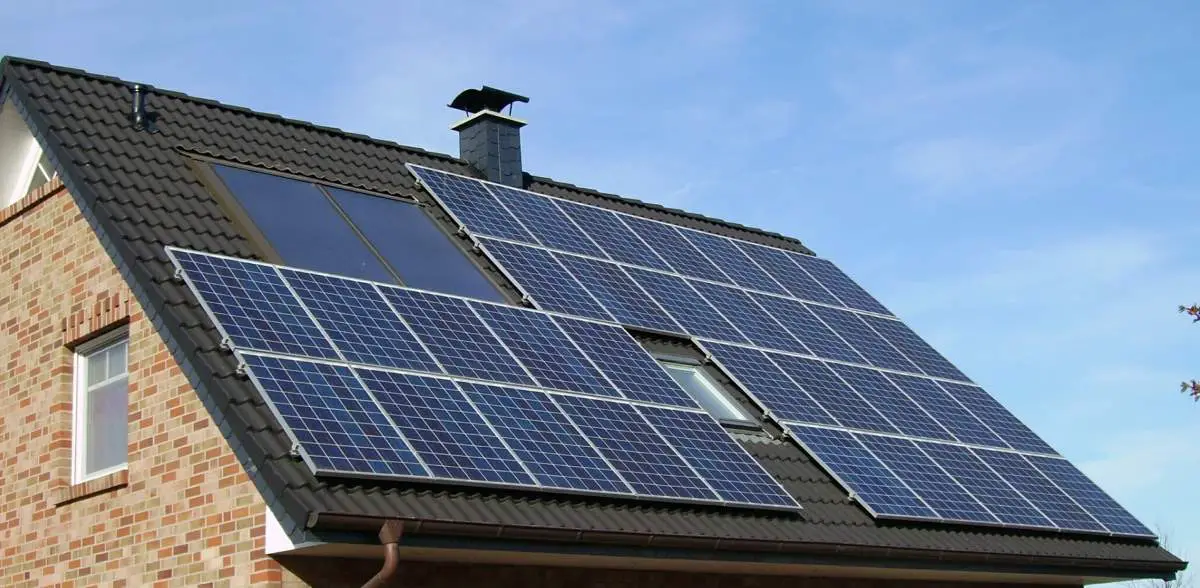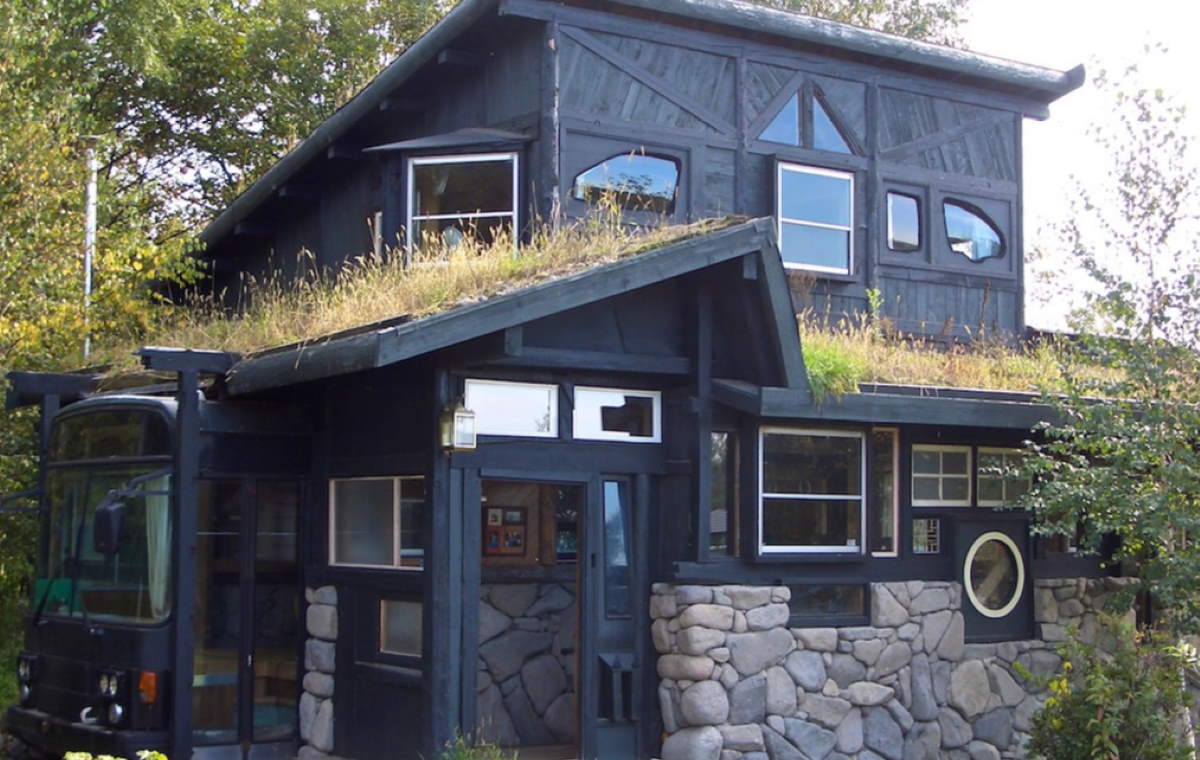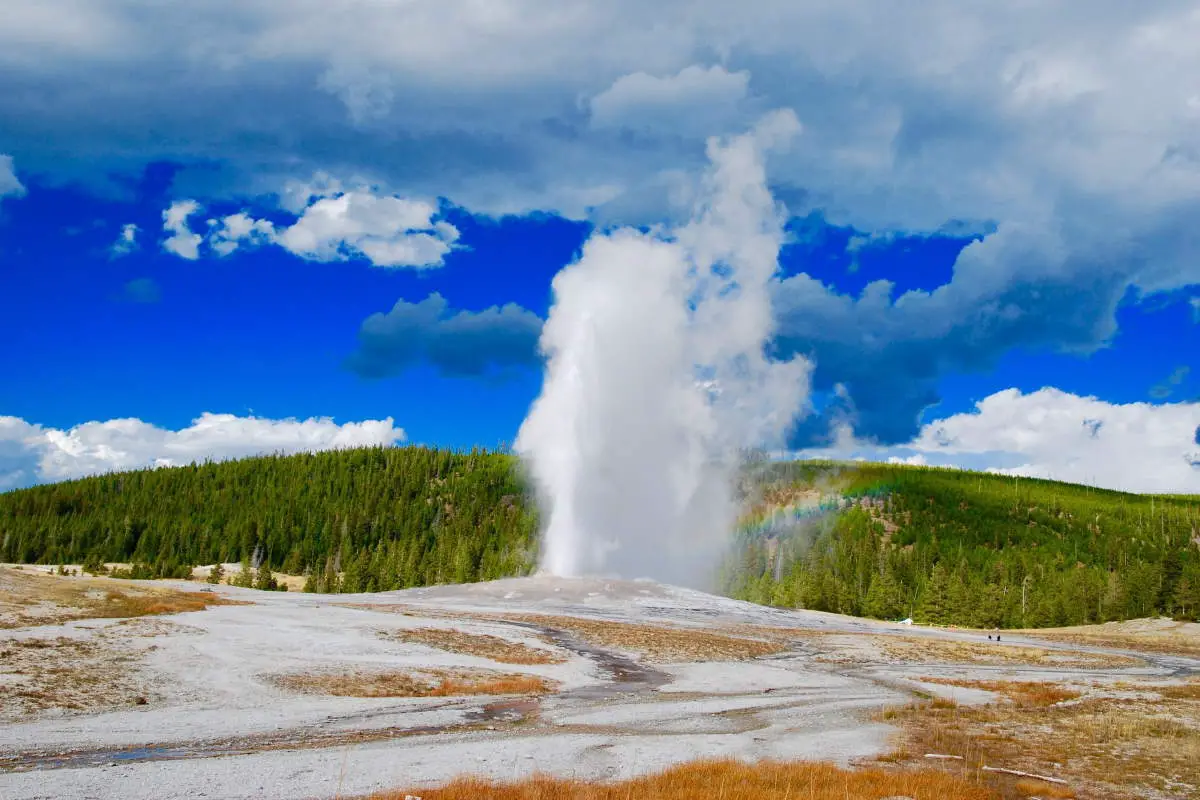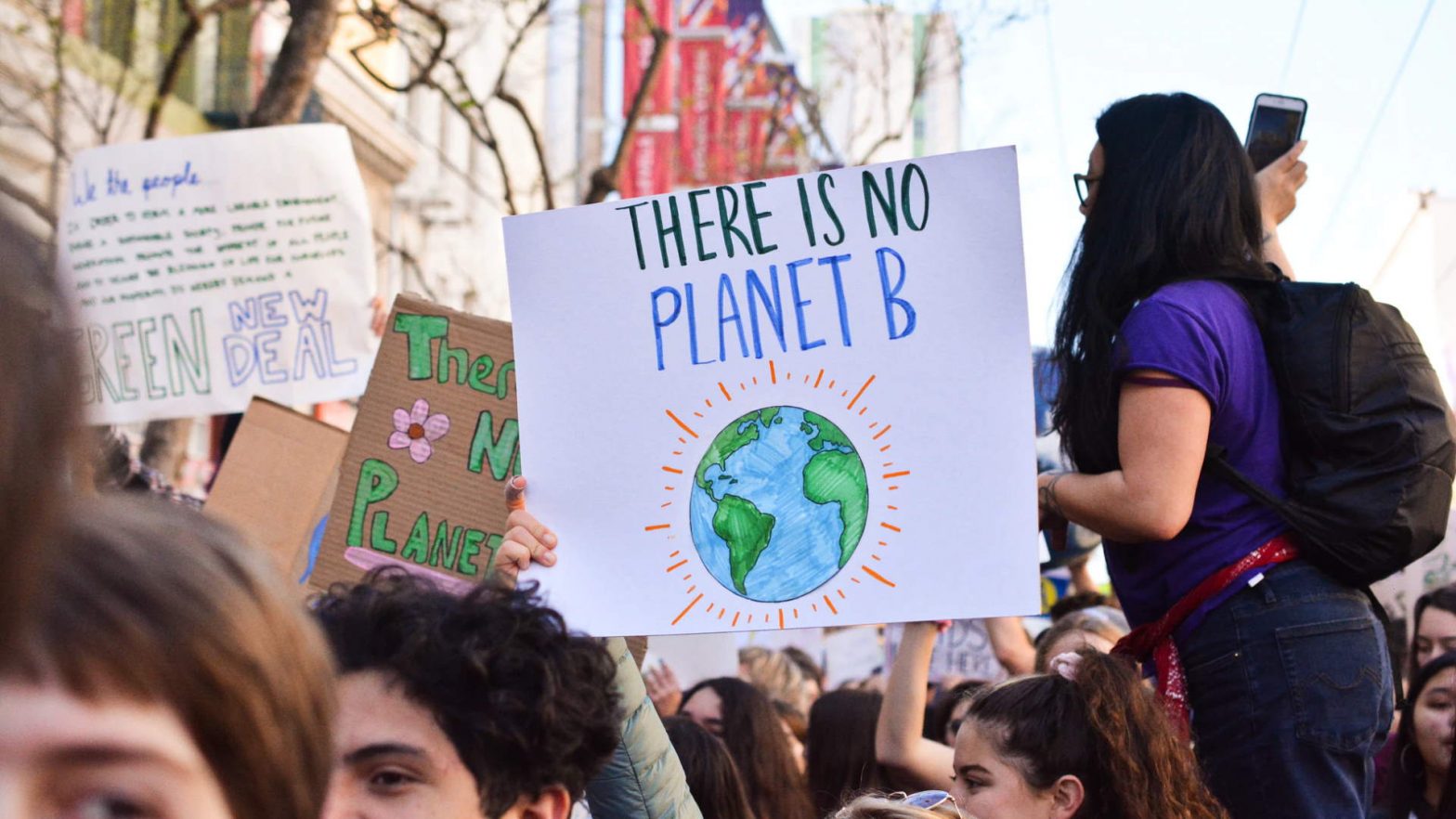People are starting to build more eco-conscious residences, and zero-net-energy homes are becoming increasingly popular. They can be designed in any style or size, connect to a traditional power grid, and are suitable in all climates. Their versatility makes them incredibly attractive, especially to those looking to save on their utility bills.









